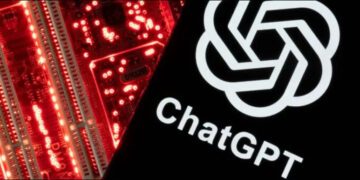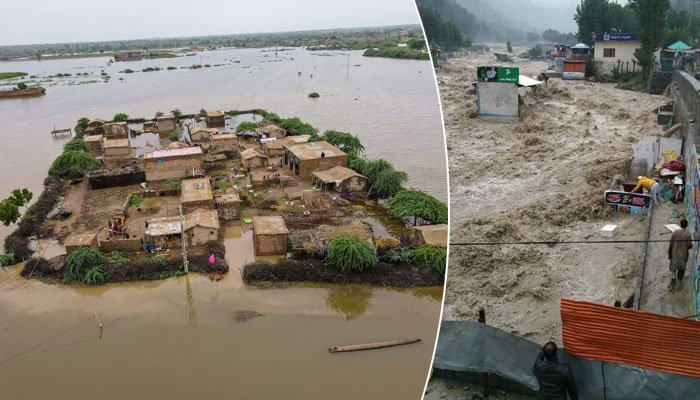Violent crime op targeting the most violent individuals is part of long-term effort to uproot crime in the city and throughout Louisiana.
On June 27, FBI New Orleans announced the results of Operation Clean House, an intelligence-driven operation conducted in partnership with federal, state, and local agencies to target the most violent individuals on the city’s streets.
For four weeks in June 2024, law enforcement teams spread across the city to combat the most prevalent types of violent crime, such as homicides, armed robberies, carjackings, and shootings.
The operation officially ended on June 26, resulting in a combined 155 arrests, 54 firearms confiscated, 10 firearm switches, and 39 instances of illegal narcotics taken off the streets.
FBI New Orleans Special Agent in Charge Lyonel Myrthil explained that this operation is part of a long-term, methodical effort to uproot crime in New Orleans and throughout the state of Louisiana. “This is not a ‘one and done’ effort. This is a sustained effort across law enforcement agencies to systematically reduce crime.”
Though New Orleans has recently seen a downward trend in its violent crime rate, “[we] still have a lot of work to do to make sure the members of our community feel safe,” noted Myrthil. “All the things that make this city and this community great can be overshadowed with pervasive violent crime. This is why it is important now, more than ever, to leverage our partnerships to reduce this activity.
To prepare for Operation Clean House, FBI New Orleans and its partners collaborated for months, identifying and prioritizing the most violent individuals in the Greater New Orleans area. They coordinated with federal, state, and local prosecutors and worked closely with the Orleans Parish Sheriff’s Office to prepare for the increased arrests and detainees.?
“Together, we focused on collective intelligence gathered from all our partners and what we were hearing from our own community members in the most affected neighborhoods,” said Myrthil. “Community is particularly important to the culture in New Orleans, and this level of overt coordination between law enforcement agencies had an immediate positive effect.
Operation Clean House was implemented in two phases.
Phase One focused on a proactive strategy. Law enforcement teams were deployed in every district of New Orleans, engaging in real-time, intelligence-driven actions. Uniformed and unmarked units from multiple agencies received live analytical support as they moved into targeted areas.
Phase One resulted in 74 arrests; multiple dangerous drugs seized, including fentanyl, heroin, crack cocaine, and oxycodone; and 46 firearms and ammunition taken into evidence, including AK-47s, AR-15s, Glock switches, and multiple types of handguns.
“Each weapon and each bullet confiscated is potentially one less person potentially injured or killed,” said Myrthil.
Phase Two focused on fugitive apprehension. During the planning phase, partner agencies submitted more than 400 outstanding arrest warrants for FBI intelligence analysts to review and determine whether to include as part of Operation Clean House. Analysts vetted warrants for consideration, checking to see which ones were still active, whether the subject was already incarcerated, or, in some cases, whether the subject was deceased. The analysts narrowed the list of warrants to 76 of the most violent offenses, including attempted murder, assault by drive-by shooting, and aggravated battery or aggravated assault. The warrants were then divided among multi-agency teams to make arrests.
Phase Two resulted in 77 arrests, including 100% execution of all warrants, and the seizure of 11 firearms and additional ammunition.
“We saw significant results immediately, including the arrest of a 31-year-old man from Pennsylvania on gun and drug charges who was also wanted in Vermont for first-degree murder,” said Myrthil. “At the time we arrested him, this suspected killer had two guns in his possession, including one with an extended magazine.”
The operation led to one suspect being taken into custody within minutes of a shooting near a New Orleans neighborhood where agents, officers, and troopers were already working. In another incident, state troopers and Homeland Security Investigation agents provided life-saving support to a subject who had shot himself in the leg while fleeing from law enforcement.
Ultimately, Operation Clean House’s successful results came down to the integration between intelligence and operational components, which ensured a smooth flow of validated information, and partnerships between law enforcement and local communities.
“The research and analysis conducted by the intelligence analysts were crucial to this operation and contributed to the likelihood of safe apprehensions,” said Myrthil. “The tremendous partnerships the FBI enjoys with external federal, state, and local law enforcement agencies were key to success. We are proud to also recognize the support of the New Orleans community and its active interest in combatting violent crime.”
Myrthil emphasized that though Operation Clean House has ended, the FBI and law enforcement will continue to fight violent crime in New Orleans and across Louisiana.
“We will work tirelessly with our partners to keep Louisiana safe. We are here, we are listening, and we care.




















